What are some of the common denominators in the clients who experience the best results? They know who they are, they know what they want and they believe in themselves.
In the run up to the holidays I was having so much fun because it seemed like all of my clients were experiencing incredible results at about the same time. Business plans were coming together, career changes were being executed and offers were coming in higher than anticipated.
Create Your Own Luck
How was this possible? Were they simply lucky that they were selected as the top candidate for their dream job? Not quite. When it comes to career I don’t really believe in luck. And you shouldn’t either. It’s like the saying goes, luck is what happens when preparation meets opportunity.
Sure, it could be easy for an outside observer to see how John went from career hell to professional bliss in just a few weeks and think, “Man, how come it’s so easy for him? Why can’t I ever catch a break?” Well, the thing is John wasn’t sitting on his butt hoping for his situation to improve. No, far from it. He took action.
Know What to Prepare For
When John and I spoke over the phone it became clear that he was feeling pretty stuck working for an old school shipping and logistics company. It was a decent enough gig to pick up after college but after a few years of going through the motions in a static corporate environment his motivation was taking a hit. It was clear to me that this guy had a lot of potential. He was talented in areas that were never being utilized in his role and he knew deep down that professional happiness was out there if only he could change tracks somehow.
To John’s credit he wasn’t willing to risk things staying the same so he signed up to work with me in order to get his career back on track. We went through the career design process of uncovering the clues from his life experiences that would then become the definite components of the blue print for his dream job.
Common Interview Questions
Once we were done we had the profile of someone who’s strengths include organizational skills, analytical skills, interpersonal skills and leadership skills. This combined with John’s knowledge of business and logistics and his interest in working for a more innovative and dynamic organization painted a pretty clear picture of the ideal work environment. When we began the process of evaluating different career ideas against this framework it became obvious that his hunch about having an interest in operations management was spot on. At that point he narrowed his search for these types of roles in his local job market and in short order got a promising lead through a connection in his network.
With an interview on the books we shifted gears and got straight to interview preparation. We had a few bases to cover if we were to feel good about John’s chances. First was the nuts and bolts of assembling his exit statement, positioning statement and accomplishment statements. With these prepped, rehearsed and ready to go there would be no issues answering the questions, “Why are you leaving?” “Tell me about yourself” or “Tell me about a time when A…B…C…”
Your Personal Narrative
Next was the personal branding/storytelling aspect of it. Since John’s resume didn’t show previous experience working in operations or management he was going to have to paint a picture of why he’s the top prospect despite this shortcoming. This was easy since we’d already combed through all sort of evidence from his previous work experience and life history to see that operations was in his DNA. Whether it was handling the planning and execution of a trip to Europe that John had planned for him and his friends, how he overhauled the processes for student organization in college or how he identified processes that could be streamlined in his current role to create more efficiencies John was naturally very operationally minded.
It was as simple as going in there and letting the interviewers know that this is who he is and who he’s always been. Demonstrating a passion and enthusiasm for operations and managing teams became easy for him. For once he was able to walk into an interview and just trust that being himself was enough.
Cultivating Inner Confidence
The last part of the interview prep was what set the stage for all of this to unfold so naturally and effortlessly. The final component is my personal favorite because it has nothing to do with the details and has everything to do with the big picture. The secret ingredient that I’m referring to is confidence.
At the end of the day hiring managers are human beings just like anyone else. This means they want to be spoken to like a normal human being. It also means that when it comes to communication it matters far more how you communicate rather than what you communicate. In other words in order to master the interview game you’ve got to master the emotional game. Your attitude, your enthusiasm, your rapport and your level of comfort are the secret ingredients.
The Impact of Your Presence
55% of communication is body language, 38% is the tone of voice and 7% is the actual words spoken. What this means is that while the interviewer is consciously listening to what you’re telling him on a subconscious level what’s actually getting through has so much more to do with your presence. Have you ever been a part of an interview debrief and heard someone say, “I’m not sure what it is about Steve exactly but I’ve got a really good feeling about him. I just trust him.” A statement like this is pointing to the fact that the interviewee was more than likely giving off an energy that put the interviewer at ease.
This is the secret ingredient that most people don’t realize. Interviews are about your ability to put the interviewers at ease because you yourself are projecting an energy that is communicated through your body language and tonality that says “I got this. I know that I would kick ass in this role. I know my value and I’m not here to brag or show off. I don’t need this job but I sure would like to get it.”
Over Preparing
Far too often people go into interviews having prepared for hours and hours researching the company and preparing answers and questions. The funny thing is that this actually works against you. You see, when you’re putting in that much effort you’re already communicating (to yourself) that you’re not good enough – that you’re lucky that they’re even going to give you a chance.
I’ve been there myself and it’s the worst… You spent all this time and energy thinking that more is better only to find yourself a nervous wreck when it comes time for the actual interview. I was unemployed for three months one summer and I must have interviewed at over 20 companies. I went into each one with great answers, great questions and walked out with nothing to show for it. Why? Because my body language and tonality was communicating something like this, “Oh god. I hope they don’t ask a question about their new product. I didn’t have time to properly research it! Ok nod and smile…breathe! I hope they liked that last answer. I think I left an important detail out.”
In Your Body vs. In Your Head
Another point to note is how confidence brings you into your body whereas self-doubt keeps you trapped in your head. When you believe in yourself you’re relaxed and able to have a natural back and forth conversation because you’re not worrying about what you’re going to say the whole time, you’re just expressing what is coming up for you in the moment. When you doubt yourself you’re more likely to be self-consciously monitoring every thought and analyzing what you want to say and then analyzing the other person’s reaction. The result is a rapport-busting disconnection between the head and the heart that people will pick up on every time.
Think about it. Would you rather hire someone who says a lot of smart things but clearly doesn’t trust themself or someone who says enough smart things and fully believes in themself? Hiring is a risky game and when in doubt hiring managers are going to choose the person who most puts them at ease that they are who they say they are and they can do what they say they can do.
The Secret to Success
So in summary, when it comes to interviewing it’s never about luck. You create your own luck through preparation and for this preparation to make a difference you must first understand who you are, what you’re all about and come to appreciate how much you actually have to offer to the right employer for the right position.
If you happen to find yourself in a job search and you’d rather not leave it up to chance then shoot me a note and I’d be happy to share more details with you about how this kind of interview prep works.

